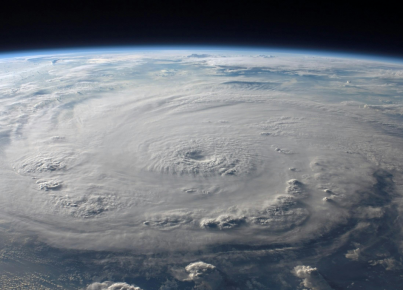Everything you need to know about the canal under construction in Cambodia. A key commercial infrastructure as well
By Francesco Mattogno
For the past couple of months in Cambodia, Vietnam, and a bit in all the states crossed by the Mekong River, there has been a lot of talk about a canal that does not yet exist, except on paper. Officially it is called the Tonle Bassac Navigation Road and Logistics System Project, but to everyone it is simply the "Funan Techo." In the Cambodian government's intentions, the canal will connect the port on the Mekong River in the capital Phnom Penh to the port in Kampot, a city overlooking the Gulf of Thailand (or Gulf of Siam), and thus the sea.
The Funan Techo will be 5.4 meters deep, 100 meters wide, 180 kilometers long, consist of two lanes, and its construction will be fully financed by China. Beijing will invest $1.7 billion on the project, entrusted to the state-owned China Road and Bridge Corporation (CRBC). A subsidiary of CRBC, China Harbour Engineering, has also entered into an agreement with a local developer to help build the Kampot Port (estimated to cost $1.5 billion), right where the Funan Techo will flow. Construction on the canal is expected to start by the end of 2024 and take a maximum of four years, Phnom Penh says.
The strong Chinese presence within the project is just one reason why it is being much discussed. The Funan Techo is designed to reduce Cambodia's logistical dependence on Vietnam, through which all Cambodian goods transported by ship on the Mekong for international trade are forced to pass. It is a matter of geography: the river, one of the largest and most important in the world, flows throughout Cambodia but before flowing into the sea it crosses Vietnamese territory for more than a hundred kilometers.
This condition gives Vietnam some political and economic leverage over Cambodia, whose companies are forced to bear high transportation costs (with consequences for the competitiveness of its exports) and live with the perennial risk of a naval blockade. It has already happened 30 years ago, in 1994, when at a time of high tension between the two countries Hanoi decided to stop Cambodian boats from sailing along the Vietnamese section of the Mekong for months. Today, relations between Cambodia and Vietnam are good, but although in 2009 the two neighbors also signed a treaty for freedom of navigation on the river, Phnom Penh has never stopped looking for an alternative. And here it is.
It is not just a matter of economic security. The Funan Techo is also a vehicle to foment nationalism and legitimize the new course of Prime Minister Hun Manet, who in August replaced his father Hun Sen, who remained in power for 38 years. This is evidenced by the very name given to the channel. "Funan" recalls the ancient Funan Kingdom (born in the first centuries A.D.), which is believed to be a precursor to the Khmer Empire, while "Techo" is a term that is part of Hun Sen's honorary title. According to Cambodian analyst Chhengpor Aun, with the construction of the canal Phnom Penh will try to symbolically restore the loss of the Mekong Delta, which France formally handed over to Vietnam in 1949 during its colonial rule.
For weeks the Cambodian government has continued to list the benefits of building the canal, which will "facilitate irrigation of the land" and result in the creation of "10,000 jobs." Phnom Penh estimates that costs for shipping goods will be reduced by 30 percent, and shipments will be more agile and faster. However, it is too early to say how much these projections will be reflected in reality. As several experts have pointed out, for example, the depth of the canal will not allow too heavy cargo to be transported, and this means that many products will equally have to pass through Vietnam (which, in any case, immediately complained about the project).
Beyond the economic issues of whether or not it is convenient for Cambodia to build it, the Funan Techo presents environmental issues. The fear is that the canal, with its very high embankments, will impede natural flooding of the plains surrounding the Mekong (crucial for the agricultural sector), alter the water flows of other tributaries, and increase the salinity of soils. Phnom Penh has pledged to conduct all relevant environmental impact assessments with "48 international experts."






